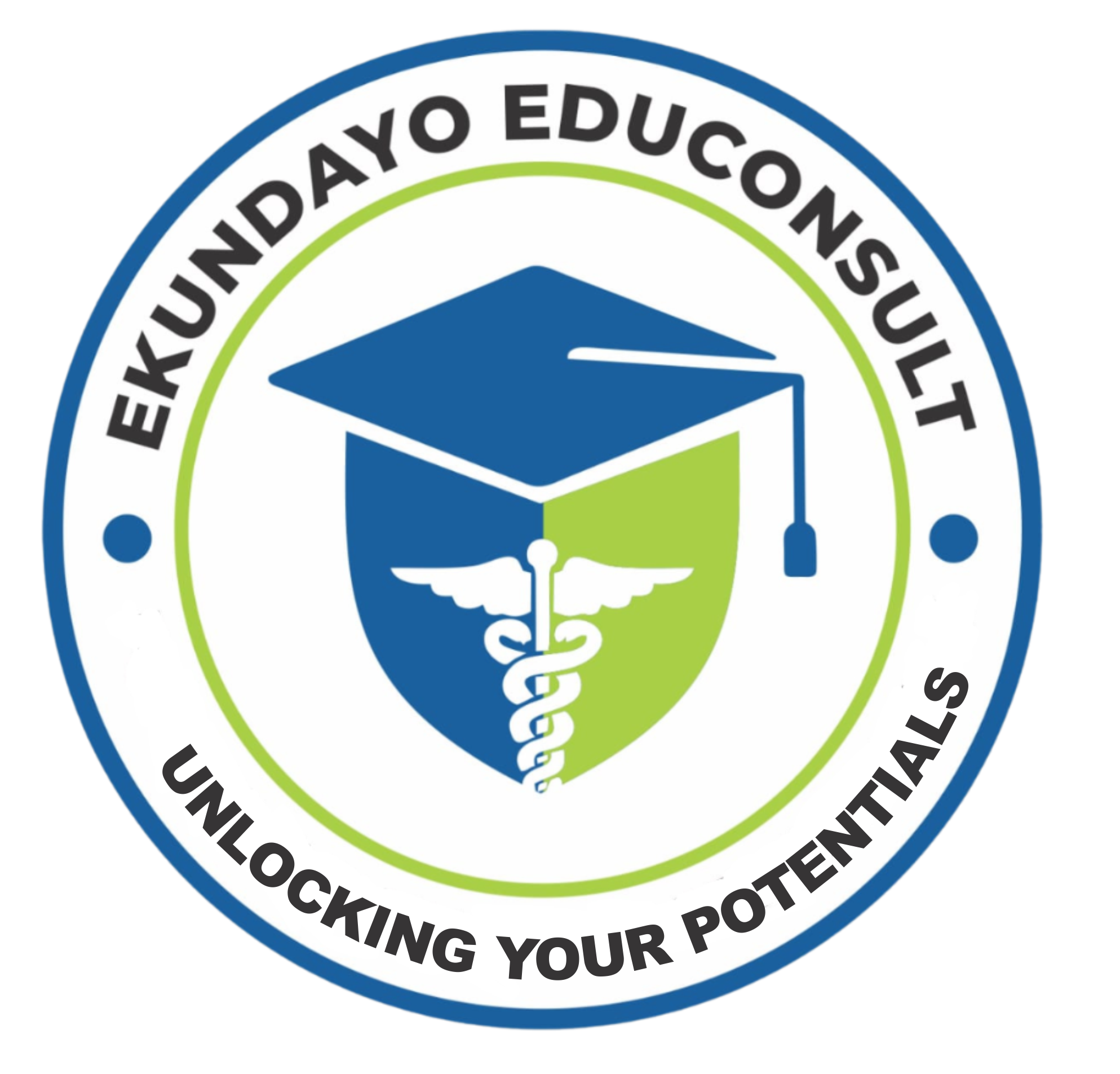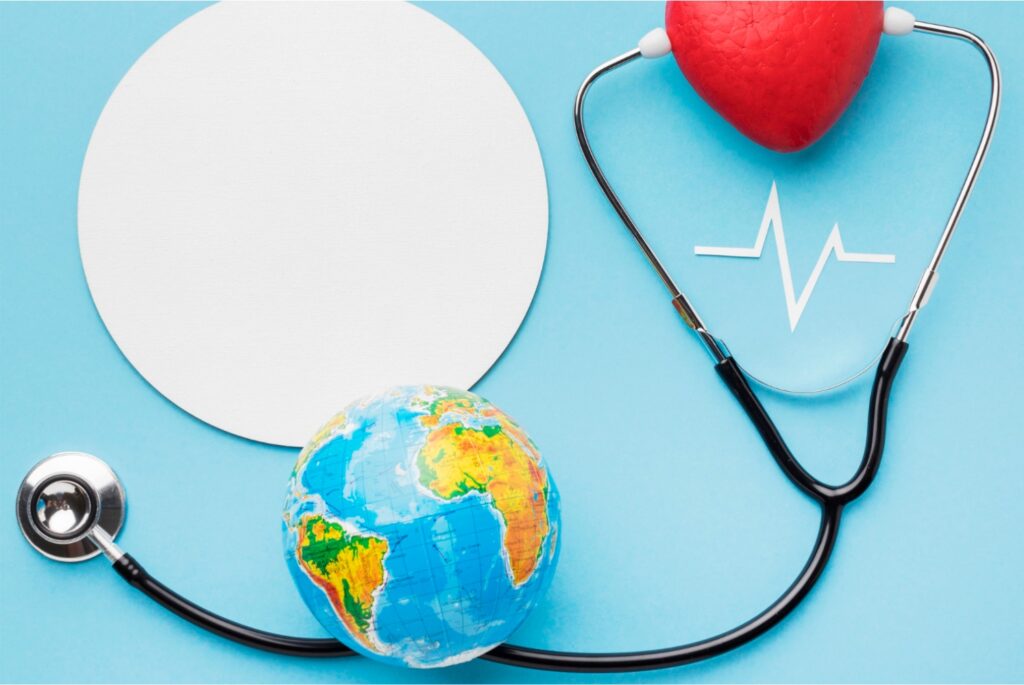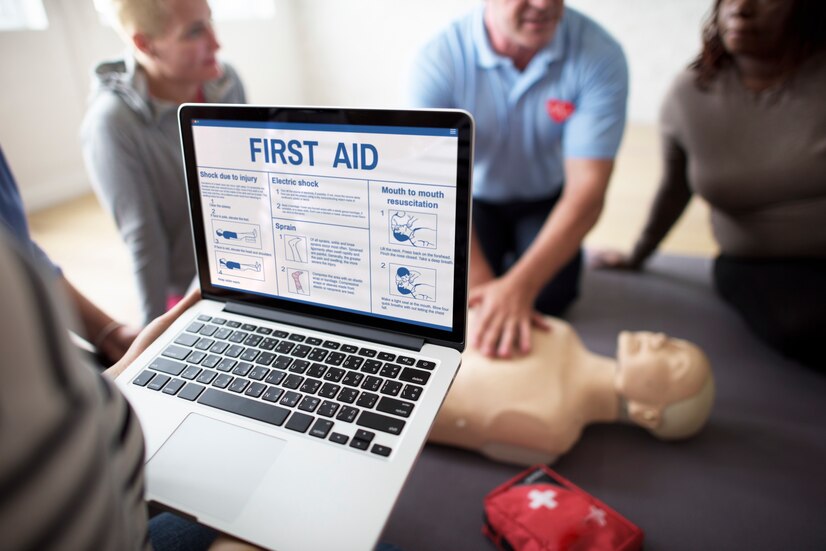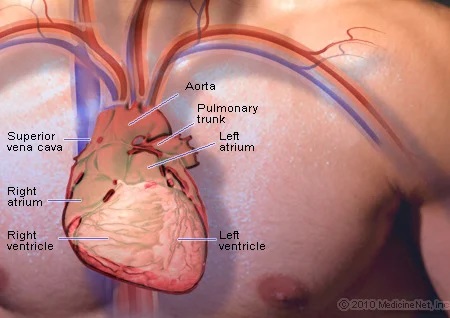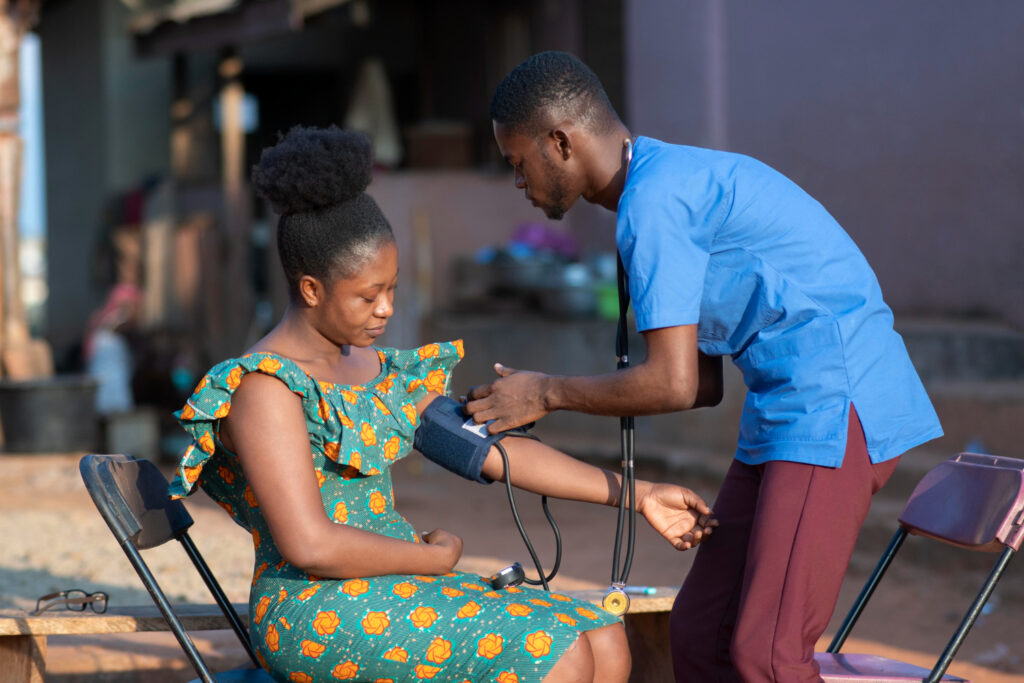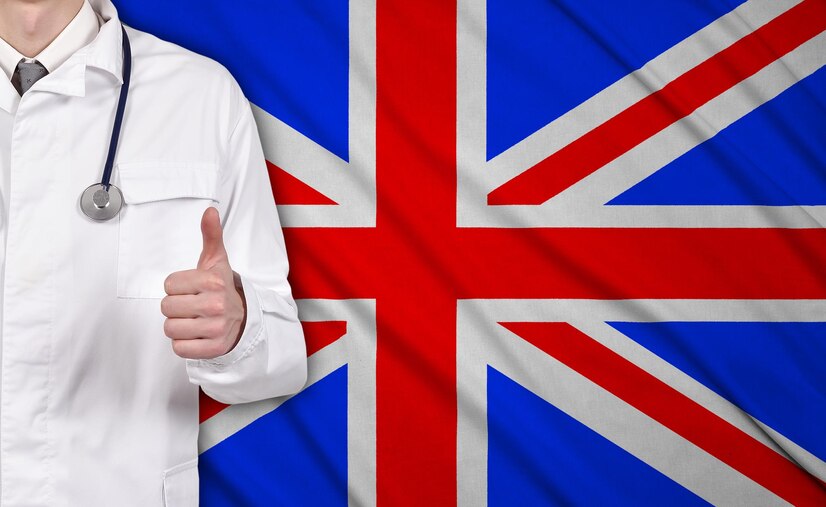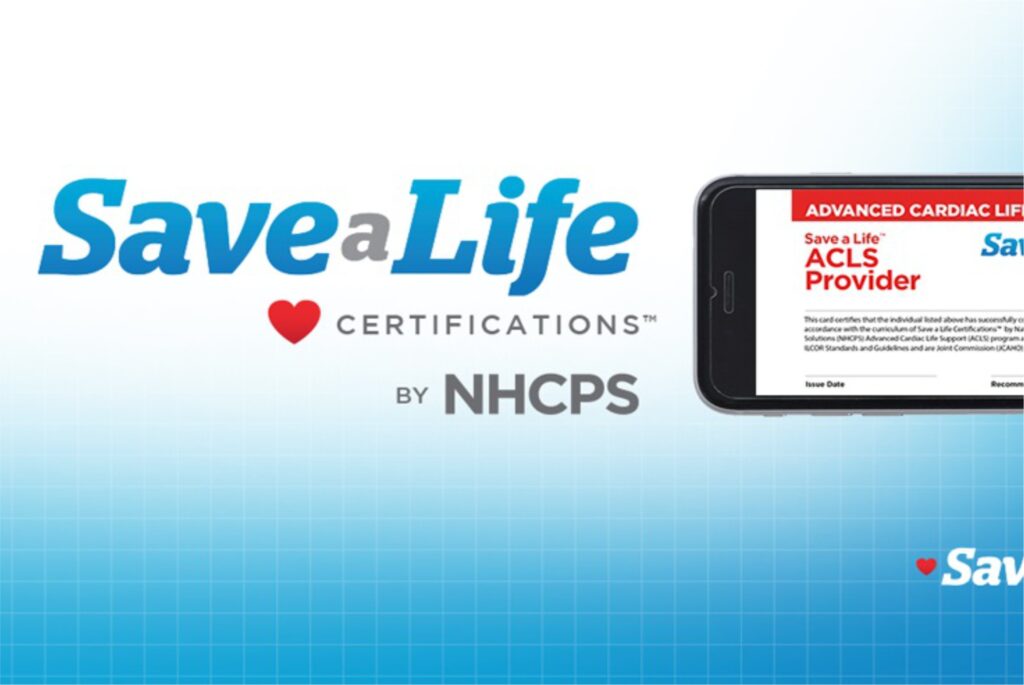- +234 70 4149 7660
- info@ekundayoeduconsult.com
- Lagos Nigeria
Certification Healthcare Providers Professionals
Certification Courses
Certification Courses for Healthcare Providers and Professionals
Certification for Healthcare Providers and Professionals: A Comprehensive Guide
In the ever-evolving world of healthcare, certifications are critical for professionals seeking to remain competitive, enhance their skills, and provide the best care to their patients. Certifications demonstrate commitment to professional development and are often a requirement for specialized roles in the medical field.
This guide explores the essential certifications for healthcare providers and professionals, their importance, and how they can elevate your career.
1. The Importance of Healthcare Certifications
1.1 Validating Expertise
Certifications confirm that a professional has the skills and knowledge to perform specific tasks effectively and in compliance with industry standards.
1.2 Enhancing Career Opportunities
Certified professionals are often preferred by employers, leading to higher-paying roles and leadership positions.
1.3 Staying Updated
Certifications often include training in the latest technologies and practices, ensuring that professionals remain current in their fields.
2. Types of Certifications for Healthcare Providers and Professionals
2.1 Basic Life Support (BLS) and Advanced Life Support (ALS)
- Who it’s for: Doctors, nurses, paramedics, and other first responders.
- Key skills: CPR, AED usage, and advanced resuscitation techniques.
2.2 Certified Nursing Assistant (CNA)
- Who it’s for: Aspiring nurses and caregivers.
- Key skills: Patient care, hygiene assistance, and basic nursing support.
2.3 Registered Nurse (RN) Certifications
- Who it’s for: Licensed nurses seeking specialization.
- Specialties: Critical care, pediatrics, geriatrics, and oncology.
2.4 Medical Coding and Billing Certifications
- Who it’s for: Administrative healthcare professionals.
- Key skills: Medical coding, insurance billing, and compliance with healthcare regulations.
2.5 Public Health Certifications
- Who it’s for: Professionals in public health and policy.
- Examples: Certified in Public Health (CPH) and Master of Public Health (MPH).
2.6 Specialty Certifications for Physicians
- Examples: Board certifications in cardiology, neurology, and anesthesiology.
- Benefits: Validates expertise in a specific medical field.
3. Internationally Recognized Healthcare Certifications
3.1 American Heart Association (AHA)
- Offers certifications such as BLS, ACLS (Advanced Cardiovascular Life Support), and PALS (Pediatric Advanced Life Support).
3.2 International Council of Nurses (ICN)
- Certification programs for nurses focusing on global health practices.
3.3 World Health Organization (WHO) Training Programs
- Online certifications in disease management, emergency response, and public health.
3.4 UK General Medical Council (GMC)
- Certifications for healthcare professionals practicing in the UK, including PLAB (Professional and Linguistic Assessments Board).
4. Online Certification Programs for Healthcare Professionals
4.1 Flexible Learning Options
- Online programs allow professionals to learn at their own pace while balancing work commitments.
4.2 Top Online Platforms
- Coursera: Offers healthcare certifications in partnership with universities.
- Medline University: Specialized programs for clinical and administrative healthcare roles.
- Ekundayo Educonsult: Tailored online certifications for African healthcare professionals.
5. Benefits of Certification for Healthcare Professionals
5.1 Increased Employability
Certified professionals have a competitive edge in the job market.
5.2 Better Patient Outcomes
Certifications ensure healthcare providers are skilled and competent, leading to improved patient care.
5.3 Career Advancement
Certifications open doors to promotions and specialized roles.
6. Steps to Obtain a Healthcare Certification
6.1 Identify Your Career Goals
Choose certifications that align with your career aspirations.
6.2 Research Certification Programs
Ensure programs are accredited and recognized by professional bodies.
6.3 Complete Training Requirements
Attend classes, complete assignments, and gain practical experience.
6.4 Pass Certification Exams
Successfully pass exams to earn your certification.
6.5 Maintain Your Certification
Stay certified by completing continuing education and renewal requirements.
7. Why Choose Ekundayo Educonsult for Certification Programs?
7.1 Tailored Programs
Ekundayo Educonsult provides certifications designed for healthcare professionals in Africa and beyond, focusing on relevant skills and practices.
7.2 Expert Trainers
Courses are delivered by experienced healthcare practitioners and educators.
7.3 Flexible Learning Options
Online and onsite programs are available to accommodate busy schedules.
7.4 Global Recognition
Certifications from Ekundayo Educonsult are recognized by leading healthcare institutions worldwide.
8. How Certifications Impact Global Healthcare
8.1 Meeting Global Standards
Certified professionals contribute to healthcare systems that meet international quality standards.
8.2 Filling Skills Gaps
Certifications help address shortages in specialized healthcare roles.
8.3 Promoting Collaboration
Standardized training fosters better collaboration between healthcare providers globally.
Conclusion
Healthcare certifications are essential for professionals looking to enhance their skills, advance their careers, and make a significant impact in patient care. From basic life support to specialized medical fields, certifications offer countless opportunities for growth and recognition.
Ekundayo Educonsult is your trusted partner in achieving certification excellence. Whether you’re seeking local credentials or internationally recognized qualifications, our tailored programs equip you with the skills and confidence needed to thrive in the healthcare sector.
Enroll in a certification program today and take the next step in your professional journey!
